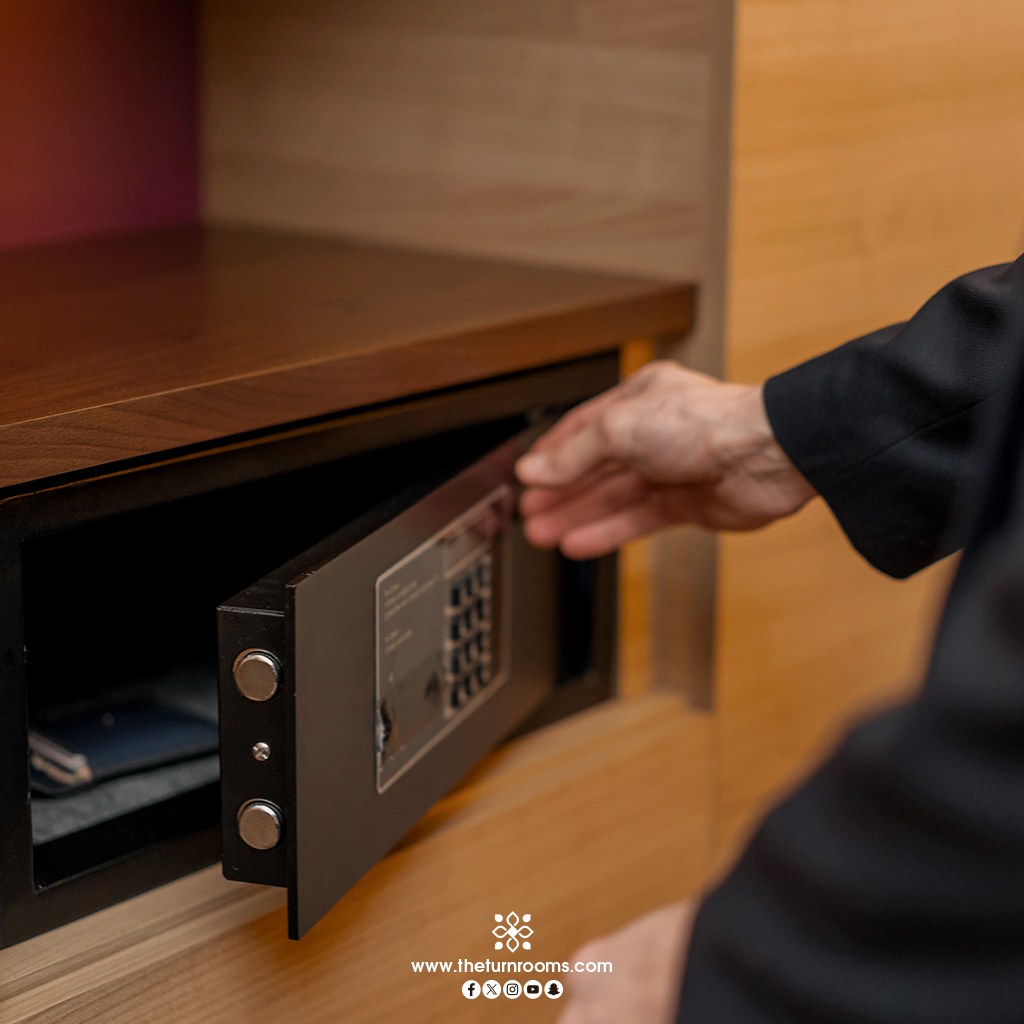
Understanding Hotel Deposits: Are They Refundable?
Introduction
Hotel Deposits Explained
Refundable vs. Non-Refundable Deposits
Refundable Deposits: Many hotels offer refundable deposits, meaning that the pre-authorized amount will be released back to the guest’s credit card after check-out, provided there are no additional charges. This allows guests to have the funds returned to them, making it a more flexible option.
Non-Refundable Deposits: Some hotels, especially during peak seasons or for special promotions, may require non-refundable deposits. In such cases, the pre-authorized amount is retained by the hotel, regardless of the guest’s actual expenses during the stay.
Factors Influencing Refundability
Several factors influence whether a hotel deposit is refundable:
- Hotel Policy: Each hotel sets its own policies regarding deposits. It’s crucial to review the hotel’s terms and conditions before making a reservation to understand the deposit requirements and refundability.
- Booking Type: The type of reservation made can impact the refundability of the deposit. Promotional or discounted rates may come with stricter deposit policies.
- Length of Stay: Longer stays or group bookings might have different deposit policies. Some hotels may require a higher deposit for extended stays or large groups.
Tips for Ensuring Refundable Deposits
Read the Fine Print: Carefully review the hotel’s booking terms and conditions before confirming a reservation. Look for information regarding deposit amounts and refundability.
Communicate with the Hotel: If you have specific concerns or requests regarding the deposit, it’s advisable to communicate with the hotel directly. They may offer flexibility based on individual circumstances.
Choose Flexible Booking Options: Opt for flexible booking options that allow changes or cancellations without significant penalties. This can provide more leeway in case of unexpected changes to your plans.
Understand Authorization Holds: Recognize the difference between a charge and an authorization hold. Authorization holds are temporary and should be released after check-out, while charges are actual deductions from your account.




Leave a comment